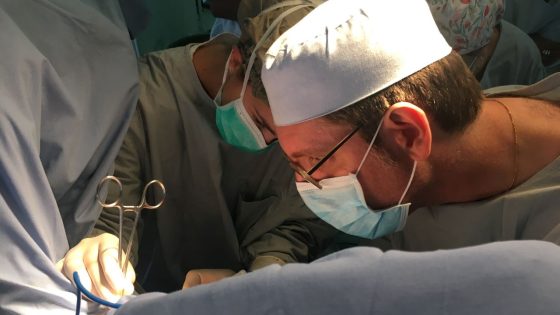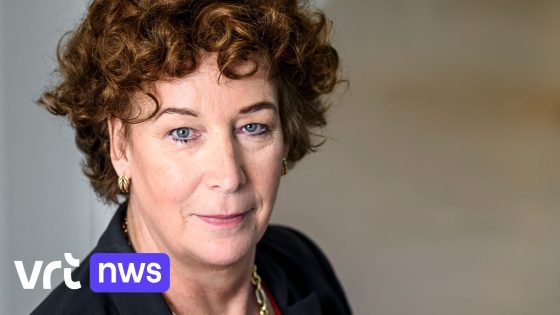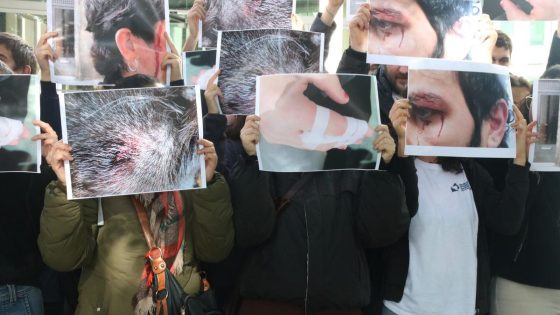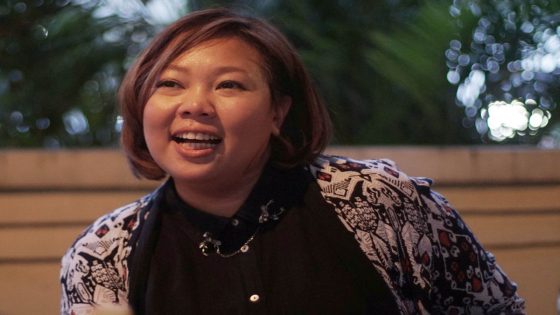On February 6, 2025, the world observes International Day of Zero Tolerance for Female Genital Mutilation (FGM). Dr. Pere Barri Soldevila, a leading expert from the Dexeus Dona Foundation, sheds light on the vital process of genital reconstruction for women affected by FGM. How can such a transformative program change lives?
- International Zero Tolerance Day for FGM
- Dr. Pere Barri Soldevila's role highlighted
- Focus on genital reconstruction post-ablation
- Dexeus Dona Foundation's ongoing program
- Article authored by Lola Surribas
- Date of publication: February 6, 2025
Understanding Female Genital Mutilation and Its Impact on Women
Why is it crucial to address Female Genital Mutilation (FGM)? This harmful practice affects millions of women worldwide, leading to severe physical and emotional consequences. Dr. Barri emphasizes the importance of reconstruction as a step towards healing and empowerment.
Reconstruction Programs: A Beacon of Hope for Affected Women
The Dexeus Dona Foundation’s program offers essential support for women recovering from FGM. This initiative is not just about physical healing; it also fosters emotional resilience. Women who take this step often experience significant psychological benefits, leading to improved quality of life.
Key Benefits of Genital Reconstruction for FGM Survivors
Reconstruction programs provide numerous advantages for women affected by FGM:
- Restoration of physical integrity and comfort.
- Enhanced psychological well-being and self-esteem.
- Supportive community and resources for healing.
- Empowerment through education and awareness.
The Role of Education in Preventing FGM
Education plays a critical role in combating FGM. By raising awareness about the dangers of this practice, communities can work together to protect women and girls. Knowledge empowers individuals to make informed choices and advocate for their rights.
How Can You Help Combat FGM?
Everyone can contribute to the fight against FGM. Here are some ways you can make a difference:
- Support organizations working to end FGM.
- Educate others about the risks and consequences of FGM.
- Advocate for policy changes that protect women’s rights.
- Engage in community outreach programs.
In conclusion, the fight against Female Genital Mutilation is ongoing, but programs like the one at Dexeus Dona Foundation offer hope and healing. By raising awareness and supporting reconstruction efforts, we can empower survivors and work towards a future free of FGM.

































